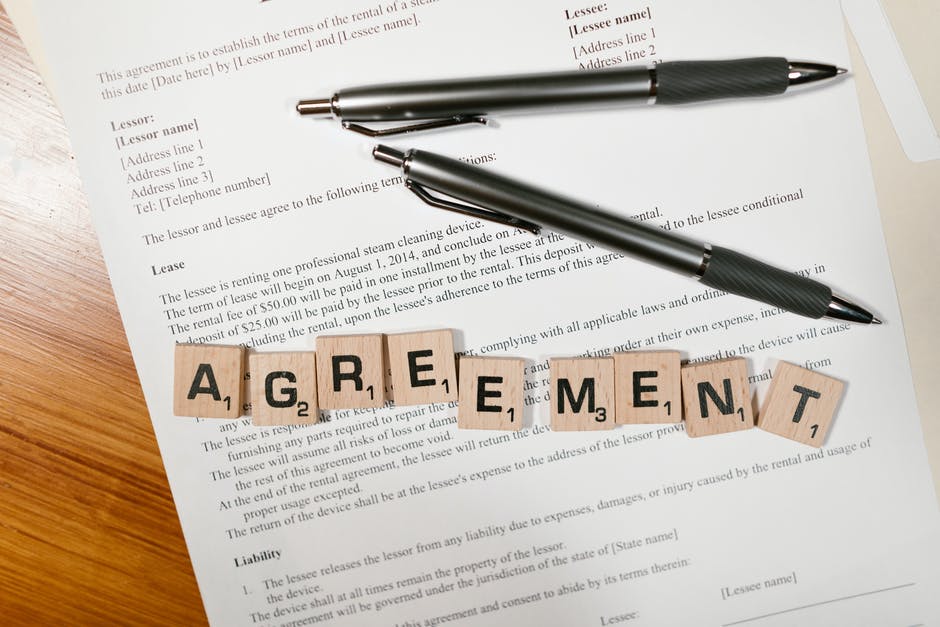When you get into a lease agreement with a tenant, the expectation is for everything to go smoothly, right? Unfortunately, that's not always how things unfold. As a landlord, navigating lease enforcement is a vital aspect of maintaining landlord-tenant relationships.
In order to uphold the terms of a lease and minimize disputes, you'll need effective tactics to execute the terms outlined in the contract. Whether you're a seasoned professional or new to property management, these lease enforcement ideas will ensure successful property oversight. Read on to learn more!
1. Create a Detailed Contract
Clear lease agreements are the foundation of successful lease enforcement. Landlords must make sure that contracts are well-drafted. It's vital to cover all terms and conditions, including rent payment schedules and tenant obligations.
A detailed legal contract creates the basis for enforcing lease terms. It provides a framework for addressing disputes that may arise during the tenancy.
2. Have Consistent Communication
Regular communication with tenants is imperative for maintaining lease compliance. When leasing a property, you should have transparent conversations with renters and promptly address lease violations. Establishing a proactive approach to handling concerns about the lease agreement can prevent minor issues from escalating.
Maintaining open lines of communication encourages tenants to uphold their lease obligations and deal with anything that may impact the rental.
3. Perform Routine Property Inspections
As a landlord, it's wise to conduct routine inspections of your rental home. Doing so ensures that tenants are complying with the terms of the lease agreement.
These inspections provide an opportunity to assess the property's condition and handle maintenance issues. It also offers the chance to identify lease violations. Through rental inspections, you can uphold the terms of the leasing contract and maintain the property's integrity.
4. Enforce Consequences
Enforcing ramifications for lease violations is vital. Rental contracts must clearly outline the repercussions for breaching the lease agreement.
Whether it involves late rent payments, unauthorized alterations to the property, or other violations, implementing consequences demonstrates that leasing contracts are taken seriously. Consequences encourage renters to comply with their obligations.
5. Stay Updated on Local Laws
Always stay updated on the rental laws in your area. As a landlord, you need to remain informed about changes in local and federal laws.
By staying abreast of legal guidelines, you'll ensure that your leasing strategies align with current regulations. As a result, you'll protect yourself and your tenants within the confines of the law.
The Keys to Effective Lease Enforcement
As you can see, lease enforcement is imperative. Without it, several things could go wrong. However, handling rental property management could become overwhelming, especially when you start to manage multiple tenants.
That's why we're here to help. At PMI Music City, we'll make sure that everything runs smoothly with your rentals. Our parent company has been in property management for more than 20 years, so we know how to handle rental properties the right way.
If you're interested in learning more, call 615-422-4364, or reach out for a rental analysis. We look forward to speaking with you soon!


